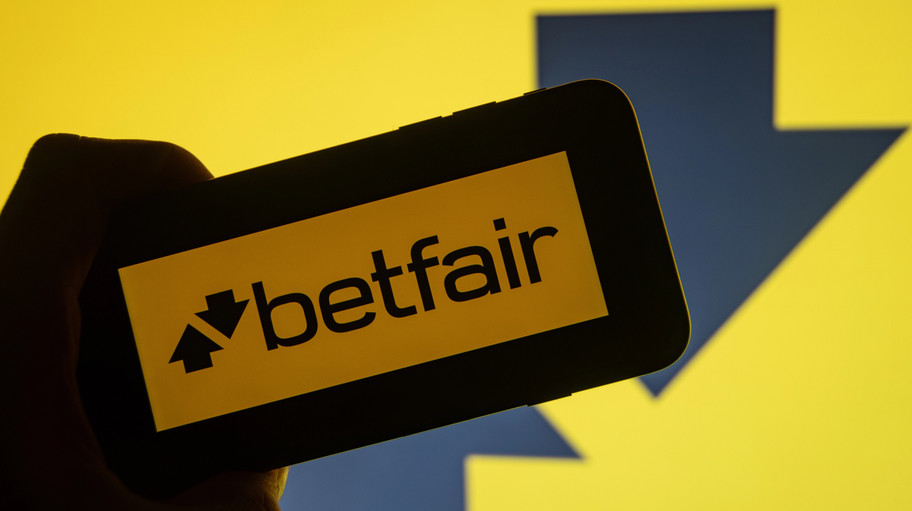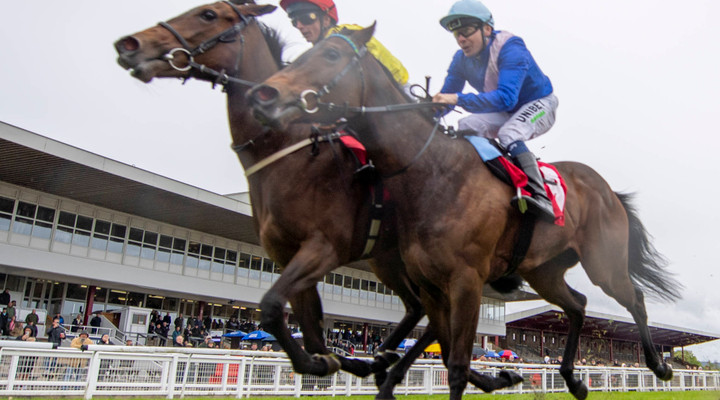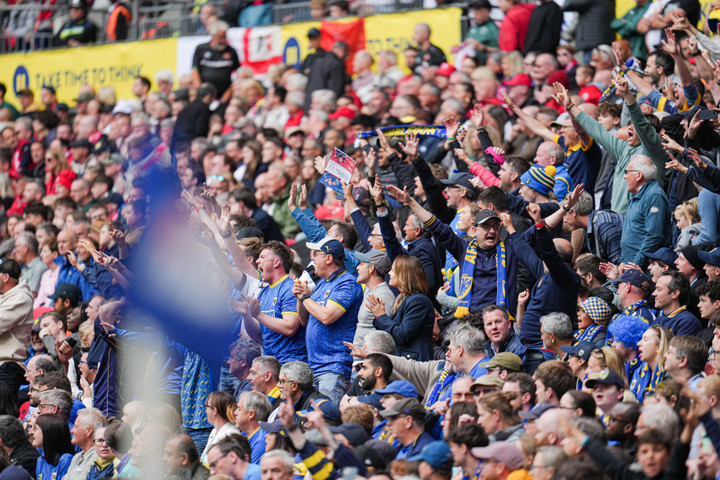What is exchange betting and how does it work?

Exchange betting has modernised the gambling industry by creating a peer-to-peer marketplace where bettors can both back and lay selections, effectively acting as their own bookmaker.
Unlike traditional bookmakers who set their own odds and take positions against customers, betting exchanges facilitate transactions between users while taking only a small commission on winnings.
Check out the best UK bookmakers to claim free bets worth up to £850!
You can also read about micro-stakes betting and why it’s great for beginners but stick around to learn more about exchange betting and how they make their money.
This innovative approach has opened up new opportunities for bettors to find better value, trade positions during events, and even profit from selections losing.
Understanding how exchange betting works is essential for anyone looking to make the most of their betting potential and explore advanced strategies beyond conventional sports betting.
What is a betting exchange?
A betting exchange operates as a marketplace that connects bettors who want to back an outcome with those willing to lay it, similarly to how a stock exchange connects buyers and sellers of shares.
The exchange itself doesn't take a position on any bet but simply facilitates the transaction between users and takes a commission from winning bets. This fundamental difference from traditional bookmakers creates several key distinctions in how the platforms operate.
Traditional bookmakers act as the house, setting their own odds based on their assessment of probability plus a built-in profit margin.
They take positions against their customers, meaning when a customer wins, the bookmaker loses, and vice versa. Bookmakers control the odds, can limit successful customers, and often adjust prices based on their liability rather than pure market forces.
In contrast, betting exchanges allow market forces to determine odds through supply and demand. Users can request any odds they desire, and if another user is willing to match those odds on the opposite side, a bet is formed.
This creates a more efficient pricing mechanism where odds often better reflect true probabilities, typically offering better value to bettors compared to traditional bookmaker margins.
How do betting exchanges make their money?
Betting exchanges generate revenue through commission charges on net winnings rather than building margins into their odds.
When a user has a profitable betting session, the exchange takes a percentage of those net profits as commission.
This model aligns the exchange's interests with their customers since exchanges only profit when users win, encouraging them to provide the best possible odds and user experience.
Commission rates typically range from 2% to 5% of net winnings, depending on the exchange and sometimes the user's activity level or premium membership status.
Some exchanges operate tiered commission structures where frequent or high-volume users receive reduced commission rates as an incentive for continued business.
Additionally, exchanges may generate revenue through premium charges on very successful users, though these typically only affect a small percentage of customers with significant profits.
This commission-based model means that unlike bookmakers, exchanges don't need to limit winning customers or manipulate odds to protect their profits. Instead, they benefit from having successful users who generate more betting activity and commission payments over time.
Betting exchange terms explained
Matched and unmatched bets - a matched bet occurs when your requested odds are accepted by another user, creating a completed transaction. Your stake is committed, and the bet will be settled based on the outcome.
An unmatched bet means your odds request hasn't been accepted yet, and your stake remains available in your account.
Unmatched bets can be cancelled at any time before they're matched, and you can adjust the odds to increase the likelihood of finding a match.
Back betting - this is the traditional form of betting where you support an outcome to happen, similar to placing a bet with a conventional bookmaker.
When you back a selection, you're betting that it will win, place, or achieve whatever the specific market requires. If your backed selection is successful, you receive winnings based on the odds at which your bet was matched.
Lay betting - is unique to exchanges and involves betting against an outcome, effectively acting as the bookmaker. When you lay a selection, you're offering odds to other users and accepting their back bets.
If the selection you've laid loses, you keep their stake as profit. However, if the laid selection wins, you must pay out winnings to the backer.
Lay betting requires understanding liability calculations since potential losses can exceed your initial stake.
Request-a-bet - request-a-bet functionality allows users to request odds that aren't currently available on the market, hoping another user will match them.
Market depth - Market depth refers to the volume of money available at different price levels, showing how much can be bet at various odds.
Deeper markets with more liquidity provide better opportunities for large bets to be matched quickly at desired odds.
Best betting exchanges in the UK
Betfair Exchange dominates the UK market with the highest liquidity and widest range of markets.
Their standard commission rate is 5% of net winnings, though this can be reduced to as low as 2% for high-volume users through their rewards program.
Betfair also operates a premium charge of up to 60% on lifetime profits for their most successful customers.
Smarkets positions itself as a premium exchange with lower commission rates, typically charging 2% commission on most sports markets.
They focus on providing excellent user experience with intuitive interfaces and competitive odds, particularly appealing to more sophisticated bettors.
Matchbook offers competitive commission rates starting at 1.5% for many markets, making it attractive for high-volume users.
They provide good liquidity on major sports and racing markets while maintaining lower overhead costs through streamlined operations.
Betdaq charges 2% commission on most markets and has been expanding their presence in the UK market. They offer periodic promotions with reduced or zero commission to attract new users and compete with larger exchanges.
Pros and cons of betting exchanges
The primary advantages of exchange betting include better odds due to reduced margins, the ability to lay selections and trade positions, access to in-play betting markets with constantly updating odds, and no restrictions on winning customers.
Advanced users can employ sophisticated strategies like arbitrage, trading, and hedging that aren't possible with traditional bookmakers.
However, exchange betting also presents challenges including the need to understand more complex concepts like lay betting and liability, and the requirement for larger account balances to manage potential losses.
As well as commission charges on winnings that reduce profit margins, and potentially lower liquidity on smaller markets making it difficult to get large bets matched.
Additionally, the learning curve for new users can be steep, particularly when transitioning from simple back betting to more advanced exchange strategies.
Exchange betting represents a more sophisticated approach to sports betting that rewards knowledge, skill, and strategic thinking.
While it requires greater understanding and capital management compared to traditional betting. The opportunities for better value and advanced strategies make it an essential tool for serious bettors looking to increase their long-term profitability.
Responsible gambling with FIRST
You must be 18+ to gamble. Gambling is a form of entertainment, not a way to make money. Our tips and advice help you enjoy gambling, but there is always a chance a bet or casino game can lose.
Never bet more than you can afford to lose. Stop betting if you are angry, emotional or under the influence of alcohol.
Warning signs of problem gambling: chasing losses, betting money needed for bills, or feeling unable to stop.
Need help? Visit our responsible sports betting page or our responsible casino gambling page, or contact the support organisations listed below if you're struggling to control your gambling:






 What is 1X2 betting?
What is 1X2 betting?
 Each way golf betting: Better places or bigger prices?
Each way golf betting: Better places or bigger prices?
 What does EVS mean in betting - evens bets explained
What does EVS mean in betting - evens bets explained
